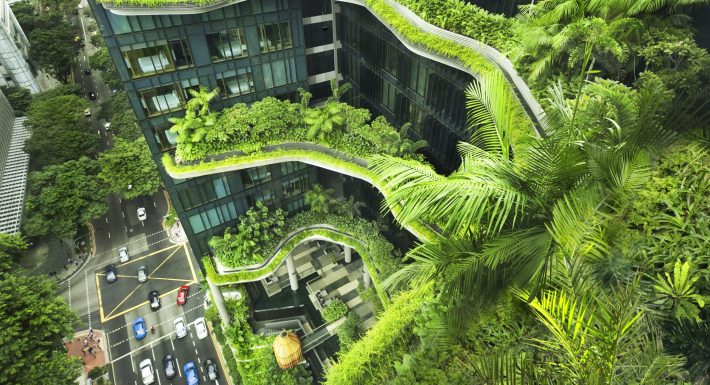The Nature Conservancy press release
A new study from The Nature Conservancy (TNC) explores how we can make our cities work better for people and wildlife, challenging longstanding assumptions about the merit of green spaces in our communities.

Urban planners have long debated the value of building more green spaces such as parks and gardens – amenities that benefit both humans and wildlife – into city plans, versus the creation of denser urban developments that allow the natural habitat to thrive beyond city limits.
However, a recent study published in the open-access journal People and Nature explores a new option of urban planning that allows the accommodation of dense populations common in cities, whilst simultaneously meeting the needs of the natural world more effectively.
The study, conducted by TNC, challenged established assumptions within the scientific and planning community. For example, tree cover percentage declining as cities become more densely populated, was proven to be less pronounced than previously thought.
By analysing existing approaches, as well as highlighting cities already creating the right balance of people and wildlife, the study pioneers an alternative method of city design that allows for the accommodation of both denser populations as well as wildlife.
With simple green interventions, cities everywhere can become more sustainable
"This needn't be a zero-sum game," explains senior author and TNC lead scientist for nature-based solutions, Rob Mcdonald. "Having denser cities doesn't automatically mean less space for nature."
Elaborating on the study's recommendations, senior co-author Erica Spotswood describes the creation of the paper's "nine green interventions", inspired by cities like Singapore and Curibita in Brazil, that act as guidelines for "urban planners to balance denser development with the needs of nature. Encompassing everything from urban parks to 'green' roof's."






